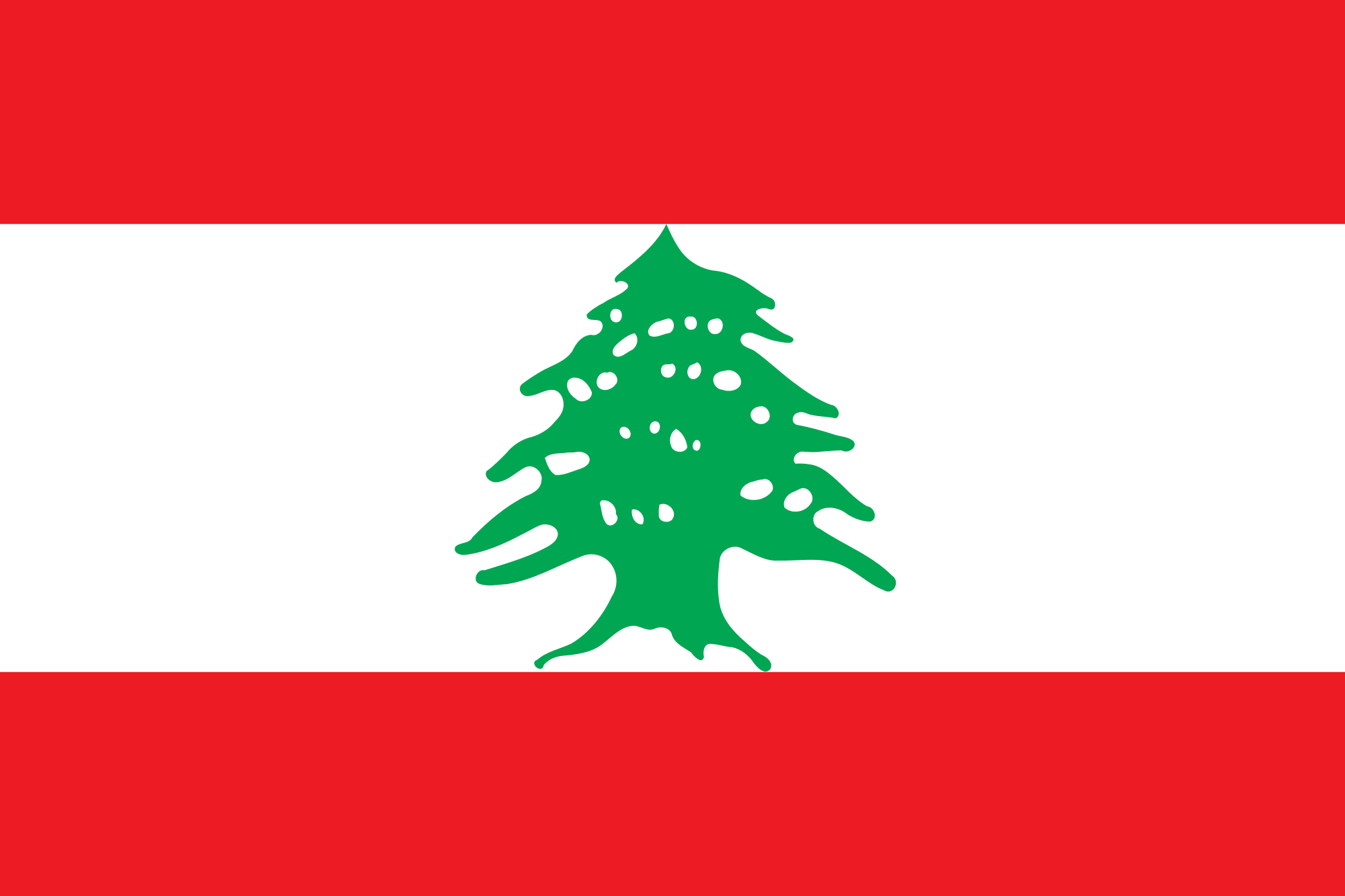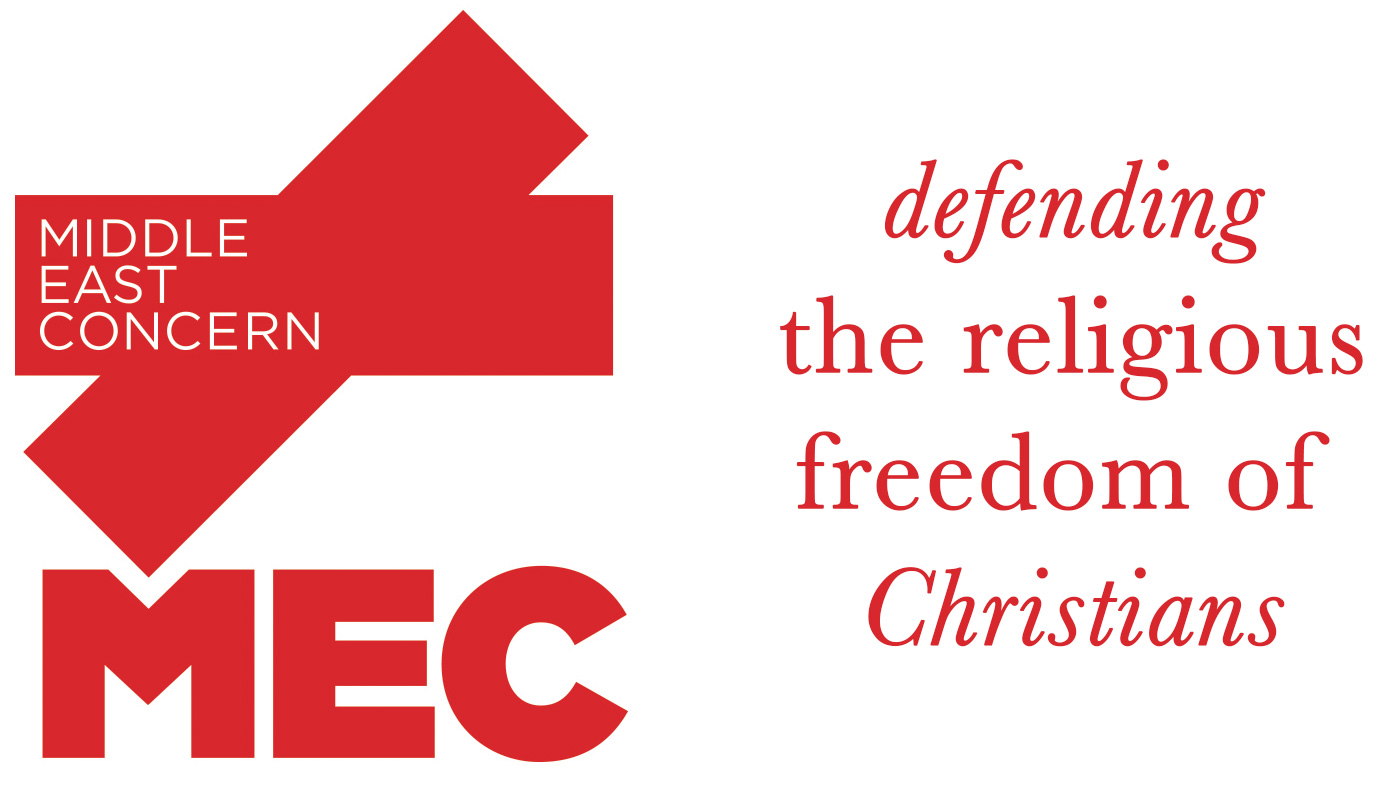
Lebanon’s population is estimated to include around 4.5 million Lebanese nationals, more than 1.3 million Syrian refugees and around 300,000 Palestinian and other refugees. There are 18 officially recognised religious groups, of which 12 are Christian. The ethnic and religious balance of the population is a sensitive issue and no official census has been conducted since 1932, so there is no official data on the relative percentages of the different groups. It is estimated that Christians constitute 30%-35% of Lebanese nationals within Lebanon (the Lebanese diaspora, larger than the population within Lebanon, includes a greater percentage of Christians). Registered Christian churches are Catholic (Maronite, Chaldean, Greek, Latin, Armenian and Syriac), Greek Orthodox, Oriental Orthodox (Armenian Apostolic, Syriac and Coptic), Syriac Church of the East and Protestant.
Lebanon’s constitution affirms the principle of non-discrimination, requires that the State respects all religions and creeds, and guarantees the free exercise of religious rites provided that public order is not disturbed. The constitution provides for the proportionate distribution of political power among recognised groups according to a system which provides equal representation for Christian and Muslim communities. Each recognised religious group administers its own court system with jurisdiction over family law matters. Citizens may change their official religious registration to any of the 18 recognised religions by applying to the head of the religious group they wish to join. Personal status law is governed by a confessional system under which inter-confessional marriages cannot be conducted in Lebanon (though are recognised if conducted abroad). In February 2009 the Interior Minister confirmed that citizens have the right to remove references to their religion on Civil Registry Records, allowing for civil marriages. Although a small number of civil weddings have subsequently been conducted, there is fierce opposition from religious authorities (Muslim and Christian).
Lebanon acceded to the International Covenant on Civil and Political Rights (ICCPR) on 3 November 1972. The ICCPR upholds the right to freedom of religion, including the right to hold a religion of one’s choice and the right to manifest that religion (Article 18). It also upholds the rights of minorities and the principle of non-discrimination. Lebanon’s accession to the ICCPR was made without reservation.
Christians generally enjoy good standing in society and a high degree of religious freedom. Blasphemy and contempt for religion provisions of the Penal Code are generally applied without favour to particular faith communities, though these provisions are increasingly opposed by activists campaigning for increased freedom of expression. Some discern growing political pressure against Christian communities, which reflects the demographic trend whereby Christians constitute a diminishing proportion of Lebanon’s population – though others note that Christians continue to provide vital balance and cohesion within Lebanon’s complex sectarian landscape. Within Christian communities, some who join Evangelical churches from Catholic or Orthodox churches are reluctant to change their religious registration on their identity cards for fear of harassment from their families. There is typically stronger family and societal pressure against those who choose to leave Islam, in extreme cases leading to violent responses from family members.
